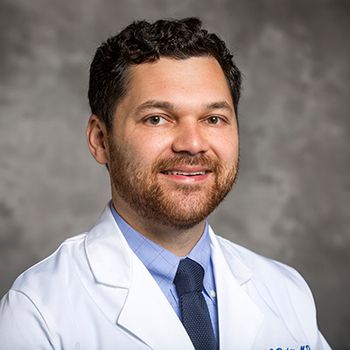
Oncology NEWS International
- Oncology NEWS International Vol 4 No 8
- Volume 4
- Issue 8
ACS Helps Plan Mammography Screening Trial
ATLANTA--The American Cancer Society's research program has awarded a $75,000 planning grant to the Union Internationale Contre le Cancer (UICC), based in Geneva, Switzerland, to study the feasibility of conducting a long-term international study on the effects of mammography in reducing breast cancer mortality in women in their 40s.
ATLANTA--The American Cancer Society's research program has awardeda $75,000 planning grant to the Union Internationale Contre leCancer (UICC), based in Geneva, Switzerland, to study the feasibilityof conducting a long-term international study on the effects ofmammography in reducing breast cancer mortality in women in their40s.
The planning grant will enable researchers to learn whether thequality of screening and levels of participation would be adequateto initiate the proposed "Eurotrial 40" population study,said Robert A. Smith, PhD, the Society's senior director of detectionand treatment.
"The planning grant is important so that the study does notsuffer from the same limitations that have plagued existing studies,such as insufficient numbers of women, less sensitive screeningprotocols, and inadequate follow-up," Dr. Smith said.
The planning phase will be directed by Dr. Marco Rosselli DelTurco, medical director of the diagnostic breast unit at the Centerfor the Study and Prevention of Breast Cancer, Florence, Italy.
If the planning process is followed by a clinical trial, the goalwould be to determine the benefits of mammography for women intheir 40s, Dr. Smith said. The proposed Eurotrial 40 would comparea group of about 85,000 women aged 40 to 42 invited to receiveperiodic screenings with a comparable group of approximately 170,000women who would not receive screening. The trial would last 10years, although researchers would follow participants until theirdeaths.
The trial would be conducted in Europe, where screening mammographyof women in their 40s is rare, rather than the United States,where mammography for this age group is more common, Dr. Smithsaid. In the United States, women might be reluctant to enrollor, if placed in the control group, might undergo screening ontheir own, he added.
Articles in this issue
over 30 years ago
CA 125 Predicts Response to Chemo in Ovarian Caover 30 years ago
Biochemical Modulation Promising in RT-Resistant GI Cancerover 30 years ago
Cancer Institute of NJ Adds to its Staffover 30 years ago
A Century of Breast Cancer Litigation Is 'Deconstructed'over 30 years ago
New Depot Formulation of LHRH Analogue Allows 12-Week Dosingover 30 years ago
NSABP Investigation Threatens Academic Freedom for All: Fisherover 30 years ago
Cancer Fax Directory in 3rd Editionover 30 years ago
HIV-Related Malignancies Increasing, Physicians Tell Panelover 30 years ago
Breast Cancer Risk Factors Remain Elusive TargetNewsletter
Stay up to date on recent advances in the multidisciplinary approach to cancer.
Related Content




Navigating Hypofractionation, ADCs, and AI in Modern Radiation Oncology









































